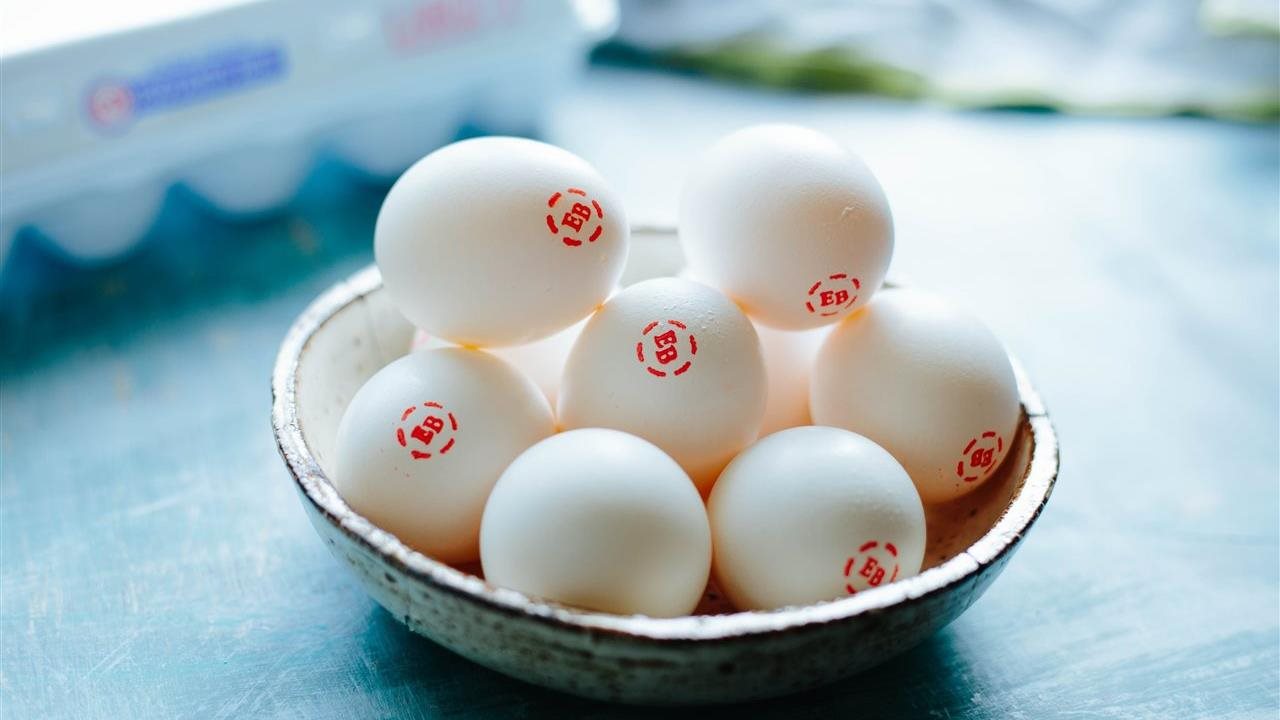
(BPT) – It’s the funny face as he tries a new texture. It’s the cute way she smacks her lips as she gobbles up a new food. It’s the waving arms and big smile that says, “I want more!”
Experts agree that most babies are ready to try solid foods at around 6 months of age. As a parent or caregiver, this is an exciting but confusing time for your growing child. You want to give your baby the joy of new flavors as well as provide excellent nutrition, but you may not be sure which foods are healthy and safe for your little one.
“Experts often recommend soft, vitamin-rich foods that are easy to swallow and digest as ideal first foods,” says Dr. John La Puma, Clinical Director of ChefClinic and co-founder of ChefMD®. “Baby cereal such as oat and quinoa are often one of the easiest things to try first when baby is ready, but there are many more foods to add to your infant’s menu that are not only delicious, but nutritious, too.”
Fresh and ready produce options for infants
Avocado is a great example of a nutrient-dense first baby food. When ripe, the fresh, buttery flavor of an avocado is a tasty treat for infants. Avocados are a good source of healthy monounsaturated fat as well as folate and vitamins K and C, so you can feel good about feeding your baby a wholesome food.
Because of the soft texture, avocados are great for infants just learning how to swallow. Cut an avocado in half and mush half of the flesh into a baby food consistency or try slicing into tiny pieces that can be easily chewed and swallowed. Save the other half of the avocado for later in the day or join your little one and nosh on some avocado toast.
Bananas are another wholesome option for infants. Widely available and affordable, stocking up on bananas is a great way to provide a nutritious snack for the whole family. Known as a potassium powerhouse, bananas are also a good source of fiber, magnesium and vitamin B6. Just like avocado, you can mush or slice the flesh to make eating easy for baby whether it’s meal or snack time.
Make every bite count with eggs
For a convenient, yet nutrient-packed option, turn to kitchen staples like eggs. In fact, the 2020 Dietary Guidelines Advisory Committee of the USDA recently issued recommendations for birth to 24 months old and specifically recommended eggs as an important first food for infants and toddlers. The Advisory Committee also shared a new recommendation based on the latest research revealing early introduction of eggs to babies who are developmentally ready to eat solid foods may help reduce a child’s risk of developing an egg allergy.* In fact, introducing cooked eggs at 4 to 6 months of age might protect against egg allergy.** Eggs are also great for pregnancy since they contain some of the highest levels of choline, a crucial nutrient for fetal brain health.
When shopping for eggs, Dr. La Puma advises that not all eggs are created equal. He suggests opting for Eggland’s Best eggs, as they provide superior nutrition compared to ordinary eggs such as more than double the vitamin B12, which supports muscle, bone and brain development for infants and toddlers. EB eggs also contain six times more vitamin D, 25% less saturated fat, more than double the Omega-3s, and 10 times more vitamin E compared to ordinary eggs.
Busy parents can look to convenient, time-saving mealtime solutions. Refrigerated, peeled and ready-to-eat, Eggland’s Best Hard-Cooked Peeled Eggs are simple to grab and slice into small pieces for little ones. Learn more and get delicious recipes at www.egglandsbest.com.
“Helping infants and toddlers experience a new world of flavors can be as fun for you as it is for them,” says La Puma. “These ideas are simple and can be prepared in just minutes, providing you easy, scientifically sound options for supporting your child’s growth and nutritional well-being.”
To celebrate eggs as an important first food for babies, Eggland’s Best is also searching for babies born between Jan. 1, 2020 and April 30, 2021, with the initials E.B.! Visit www.EBFamilySweeps.com by April 30 to enter the EB Baby Sweepstakes for the chance to win a year’s supply of Eggland’s Best eggs!
*If your family has a history of food allergy or your baby has eczema, talk to your pediatrician before introducing highly allergenic foods.
**https://www.jacionline.org/article/S0091-6749(10)01173-5/abstract
